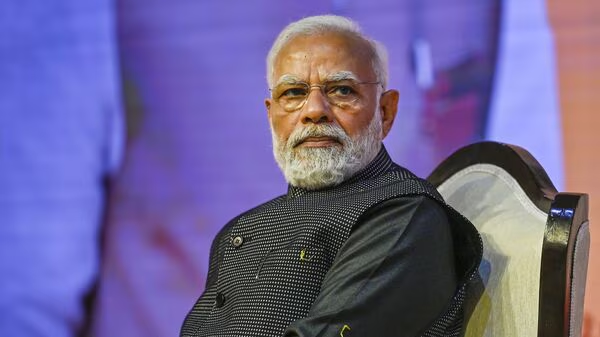Japan has hydrogen, but India has tried something better: It runs 100% on this fuel

India is moving towards ethanol and flex-fuel engines to reduce fossil fuel dependence, with support from top brands like Toyota, Tata, and Suzuki. Minister Nitin Gadkari emphasizes ethanol’s benefits, citing Brazil’s success. India aims for 20% ethanol blending by 2025, but stakeholders urge reducing the 28% GST on flex-fuel vehicles to make them more affordable.
India is taking the road less traveled and opting for ethanol flex-fuel engines. The country’s minister for road transport and highways, Nitin Gadkari, put out an appeal to auto manufacturers to work on making ethanol systems more attractive to drivers, seeing as his country is well-positioned to produce this form of alcohol and thereby reduce its dependence on imported fossil fuels if it’s adopted. There are several brands already committed to flex fuel in India, including Toyota and Bajaj, and Suzuki and Tata are also looking into ethanol systems.
Ethanol and flex-fuel cars are in India’s future
Minister Gatkari highlighted the successful integration of biofuels into Brazil’s transport system as a model for his own country, believing that Indian manufacturers or those with a stronghold in the market will soon be producing not only 100% ethanol cars but also smaller two-wheelers, which are used by a huge sector of India’s population.
Big industry names are already looking to India
Toyota was one of the first major brands to stake their claim on the Indian flex-fuel market with their announcement of the setting up of a flex vehicle production plant in Aurangabad, Maharashtra state. Their investment was $240 million (Rs 20,000 crore, in Iocal currency).
Gatkari made reference to two more top manufacturers, Tata and Suzuki, which he said are already working on the production of flex or ethanol engines. In the healthy Indian two-wheeler market, TVS, Hero, and Bajaj are running their own ethanol research and development programs.
Why is ethanol perfect for India?
India is the world’s third-largest producer and consumer of ethanol in the world, and the country has a goal to raise the ethanol content in petrol to 20% by 2025.
Minister Gatkari can back up his faith in ethanol being an ideal choice of fuel for both production and consumption in his country with several good reasons:
- Raw material: Ethanol is made from plant materials like sugarcane, corn, and rice, which India has an abundance of.
- Surplus of sugar: The amount of sugar that India produces is higher than it consumes, and a large portion is exported. This could instead be used to produce ethanol and other kinds of biofuels and bolster the farmers and sugar mills economically.
- Support from the government: India’s National Policy on Biofuels sets out targets for fuel blending and offers financial support in exchange for compliance.
- Renewable energy source: Ethanol and other biofuels are renewable as crops can be regrown.
- Security: Producing its own fuel would make India less reliant on imported fossil fuels and improve the economy.
- Greenhouse gas reduction: Ethanol is considered a clean fuel and, therefore, aligns with global sustainability and low-carbon objectives.
India needs to make adjustments to accommodate new fuels
The Society of Indian Automobile Manufacturers (SIAM) and Minister Gadkari held a meeting to discuss what needs to be done to facilitate the introduction of ethanol and flex fuels in India, and one of the most significant impediments is the 28% GST (Goods and Services Tax) that automakers have to pay on flex-fuel vehicles.
If the GST were reduced, it would make the market more attractive to automakers and make the vehicles more affordable. Industry stakeholders pointed out that the tax on electric vehicles is just 5%, prompting the relevant Indian ministries to reevaluate the GST to make other clean energy options more attractive to manufacturers and, ultimately, more adoptable by the public.
It remains to be seen whether Minister Nitin Gadkari’s confidence in his vision of an ethanol-powered future for India’s transport sector is well-founded, but there’s no doubt that the country is putting a lot of effort into green energy options and moving away from imported fossil fuel dependence, and the investment from top player in the automobile industry is a sign that it’s on the right track.
To read more about Ethanol Industry News, continue reading Agriinsite.com
Source Link : Eldiario24















